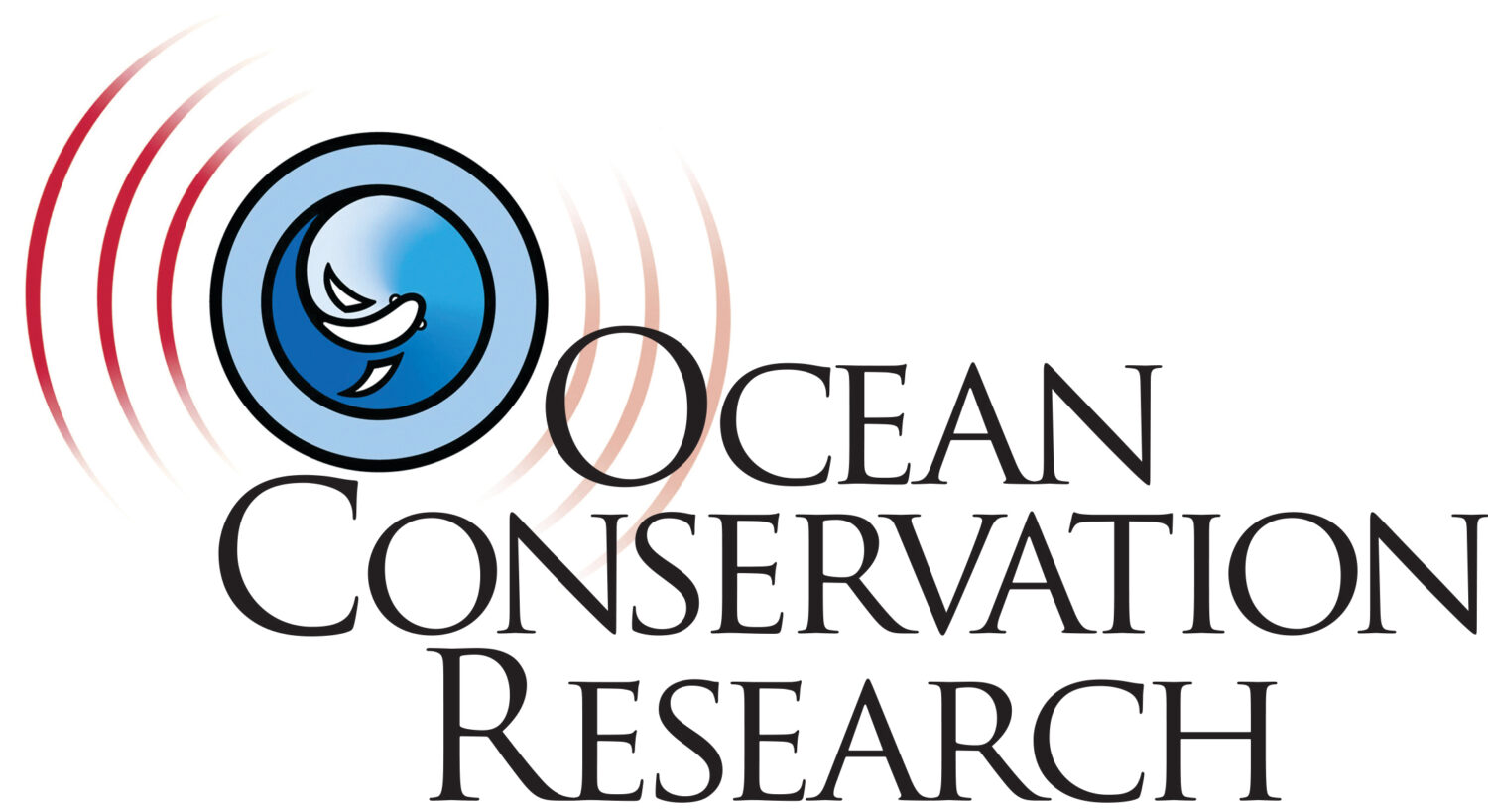We can always count on something interesting from ocean hero Richard Charter – as Co-chair of the National Outer Continental Shelf coalition he keeps his “toe in the flow” of ocean news. So when something ‘acoustic’ bubbles up he tosses it our way. It was by way of this that an article about coughing scallops came into our inbox.
It’s one of those things that make sense once you think about it. Scallops are bivalve filter-feeders, meaning that they have two half-shells and feed on micro-plankton floating in their environment. Occasionally when their habitat gets dirty they have to expel, or “cough out” accretions and accumulations that settle in their shells. The sound of this is sort-of a “whoosh-snap” to clear out the dross.
The paper on which the article is based suggests that acoustical monitoring of scallop beds would give scientists and aquaculturists a non-invasive method of monitoring the health and activities of the scallops.
In a somewhat related context a number of years ago I delivered a paper on the hearing and vocalizing characteristics of various sea animals at the US Navy-sponsored “Environmental Consequences Of Underwater Sound” (ECOUS) workshop. The discussion on mollusk hearing in the paper gave Ron Kastelein (one of the ECOUS attendees) an idea.
Clams and scallops conceal themselves in the mud and sand on the seabed. Commercial harvesting involves excavating them with high-pressure jets of water, and vacuuming up what is uncovered. Unfortunately in this turbulent and messy environment some animals perish, and the harvested catch need to settle in clean water for a day so they can clear (cough) out the sand they take on in the harvest.
Another one of those things that makes sense once you think about it. Scallops can hear, so Ron realized that the animals would defensively snap their shells shut if you subjected them to sound. If you played them a little sound before excavating it would prevent them from taking on silt and sand in the process. This ends up saving a lot of time, and damages much less of the harvest.
 But “what sound?” you might ask. Perhaps Lewis Carroll was prescient in his ode:
But “what sound?” you might ask. Perhaps Lewis Carroll was prescient in his ode:
“The time has come,”
the Walrus said,
“To talk of many things:
Of shoes— and ships
— and sealing-wax—
Of cabbages— and kings—
